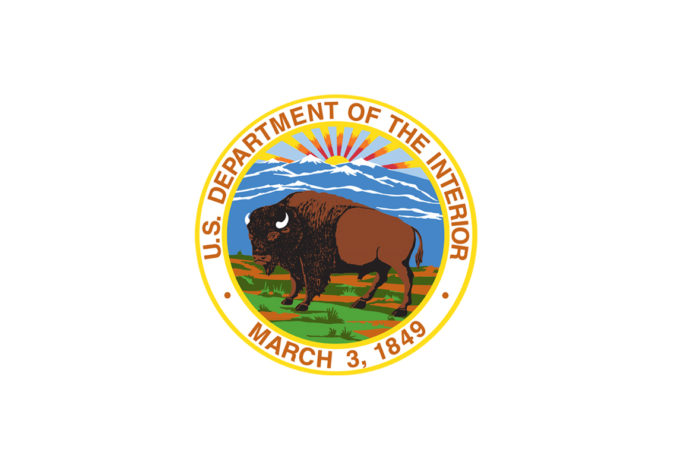WASHINGTON, D.C. – The Department of the Interior has announced it is investing $46 million in funding to tribal communities to address the unique impacts of climate change in Indigenous communities. This initial funding, made available from President Biden’s Bipartisan Infrastructure Law and Fiscal Year 2022 appropriations, is available for projects and initiatives that address and strengthen climate resilience and adaptation; ocean and coastal management; community-driven relocation and protect-in-place activities; and internships and youth engagement.
With this funding, the Interior Department will support collaborative and community-led planning, relocation expenses, infrastructure investments, and other forms of assistance to tribal communities. The Bipartisan Infrastructure Law investments would also advance the Biden-Harris administration’s equity and environmental justice goals by helping safeguard vulnerable tribal communities.
“As the effects of climate change continue to intensify, Indigenous communities are facing unique climate-related challenges that pose existential threats to tribal economies, infrastructure, lives and livelihoods,” said Secretary Deb Haaland. “Coastal communities are facing flooding, erosion, permafrost subsidence, sea level rise, and storm surges, while inland communities are facing worsening drought and extreme heat. President Biden’s Bipartisan Infrastructure Law’s historic investments in tribal communities will help bolster community resilience, replace aging infrastructure, and provide support needed for climate-related community-driven relocation and adaptation.”
The announcement came as Senior Advisor and Infrastructure Coordinator Winnie Stachelberg and Department leaders are presenting at the Bipartisan Infrastructure Law Alaska Symposium in Anchorage, to connect stakeholders to available funding throughout the federal government. The department is now accepting proposals from tribes and tribal organizations as part of the Bureau of Indian Affairs Tribal Climate Resilience Program.
“Funding in the Bipartisan Infrastructure Law is essential to advancing the all-of-government approach to supporting and empowering tribal communities as they simultaneously face environmental impacts to physical, cultural and subsistence-based infrastructure. This, as some communities are tragically having to relocate to higher ground,” said Assistant Secretary for Indian Affairs Bryan Newland. “I am proud to begin implementing this piece of this historic law so that we can deliver meaningful results for tribal communities.”
The Bipartisan Infrastructure Law provides a total of $466 million to the Bureau of Indian Affairs over five years, including $216 million for climate resilience programs. Of that funding, $130 million is provided for community relocation, $86 million is provided for tribal climate resilience and adaptation projects, and $43.2 million will be available to spend annually for five years. This announcement is supported by $21.7 million from Bipartisan Infrastructure Law funding and $24.5 million from Fiscal Year 2022 annual appropriations.
An informational webinar hosted by the Institute for Tribal Environmental Professionals Tribes and Climate Change Program on the funding opportunity is scheduled for April 25, from 1:30-3:00pm MT. Registration is available online. Those who cannot attend will be able to watch an archived version.

















































